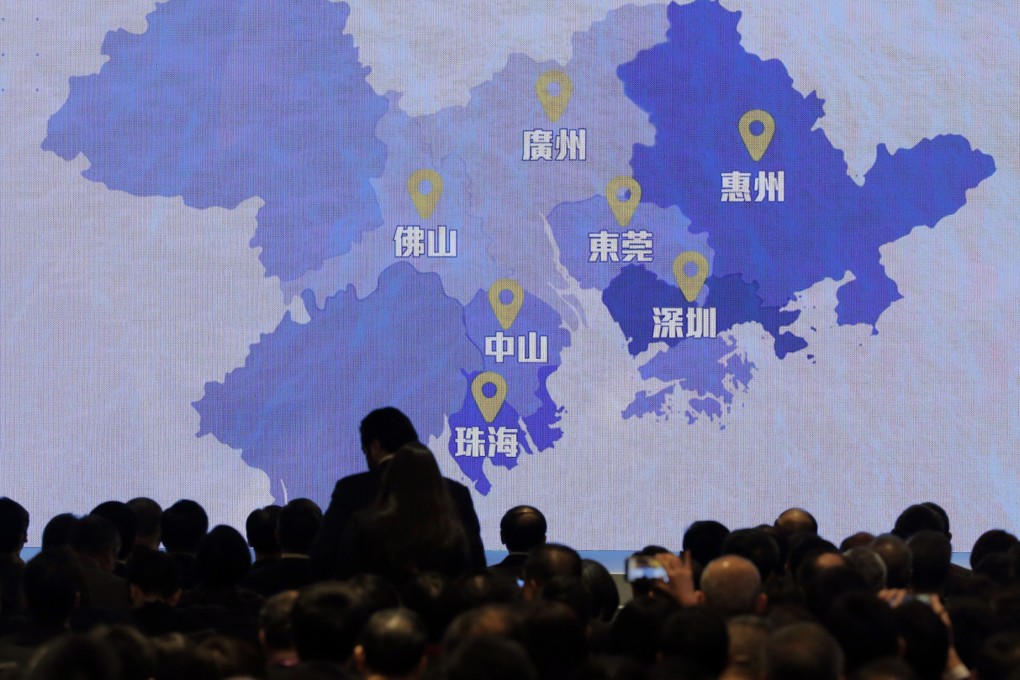Advertisement
Tapping Wealth Management Connect business will be a challenge for bankers and investment advisers
- Bankers and advisers looking to sell wealth management products in the Greater Bay Area have to tweak their services based on cultural differences
- Investors in the Greater Bay Area have diverse investment appetite
Reading Time:2 minutes
Why you can trust SCMP

The diverse investment behaviour and risk appetite among investors in the Greater Bay Area means that bankers and advisers interested in tapping the upcoming wealth management scheme need to retool their skill sets to serve clients, according to the head of the Hong Kong Investment Funds Association.
The Wealth Management Connect, seen as the next holy grail for the banking and asset management industry in Hong Kong, is a cross-border link that will enable residents of nine southern Guangdong cities to buy investment products sold by banks in Hong Kong and Macau, and vice versa.
The biggest challenge for bankers and advisers keen to grab a share of the market that is likely to generate some US$700 million a year in fee-based income is to learn the cultural differences of the 86 million inhabitants in the bay area and adapt their services accordingly, Sally Wong, chief executive of the HKIFA, told the Redefining Hong Kong panel discussion organised by the Post on Tuesday.
Advertisement
“The most difficult part [for the industry] is how to relearn the process of marketing and customer service,” said Wong. Investors across the bay area behave differently and their risk appetite differs from those living in Hong Kong, she added. “Just speaking and writing in Chinese will not get us there.”
A survey conducted by the HKIFA last year found that mainland Chinese investors on average wanted annual returns of 13 per cent from their investments in funds allowed under the wealth connect scheme. They were also likely to tolerate losses of up to 8 per cent per year. Some 1,000 residents living in Guangzhou, Shenzhen, Foshan and Zhuhai were asked about their views on investing in the new connect scheme between April and May.
Advertisement
Advertisement
Select Voice
Choose your listening speed
Get through articles 2x faster
1.25x
250 WPM
Slow
Average
Fast
1.25x